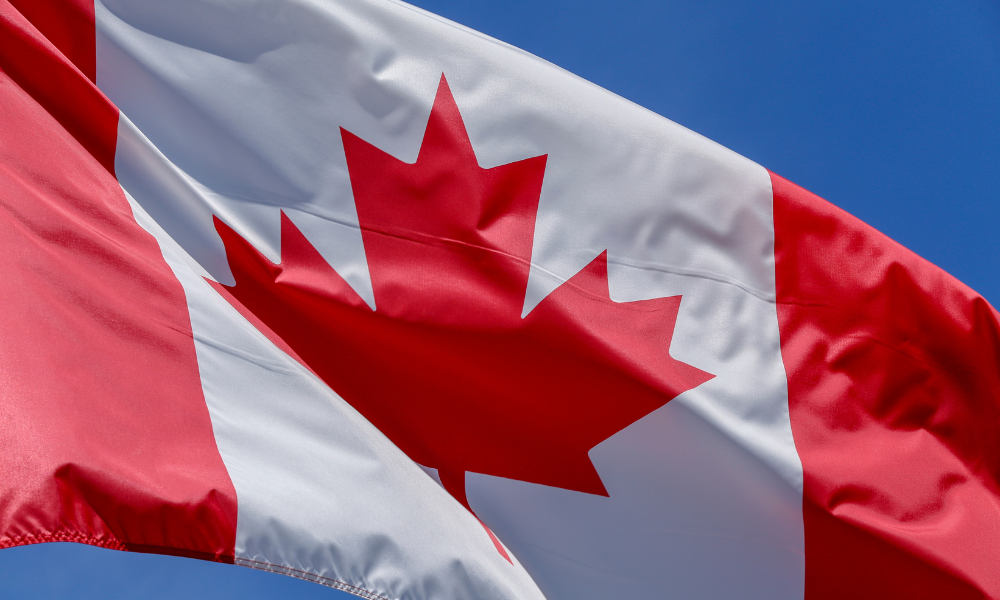You or your business may have created a new product, developed a distinct design, or had confidential information that is of great value, which you may consider as an intellection property. But the question is, how can it be protected against theft or infringement? This article will discuss certain methods of intellectual property protection that you may use based on Canada’s laws on intellectual property.
What are the different types of intellectual property in Canada?
There are five types of intellectual property (IP) in Canada:
- Patents: protects a new and useful invention, or a useful improvement of any material
- Industrial designs: the unique design or features of a finished article or product
- Trademarks: a sign, a combination of signs, or a certification mark to indicate a particular product or service and to distinguish it from others. A subcategory of trademarks is trade name: the name of a business, which may be a separate name of the corporation, partnership, or individual
- Copyright: the right to produce or reproduce the original work of another, in any form or any substantial part of it
- Trade secrets: any confidential information that has commercial value because of the market advantage it provides over an entity’s competitors.
What are the laws that govern intellectual property protection in Canada?
Each type of IP in Canada is governed by a separate or specific federal law, except for trade secrets which are governed by common law and the law on contracts.
Intellectual property protection in Canada will be governed by the following laws:
What are the ways to protect an intellectual property in Canada?
There are different methods of intellectual property protection, as provided by the different Canadian IP laws. This may also depend on your business’s IP strategy, the specific IP you want to protect, and the available resources you can use to protect your IP.
Do you have an #IntellectualProperty strategy for your #brand or business? 🤔
— Canadian Intellectual Property Office (@CIPO_Canada) January 4, 2023
Hear why an #IPStrategy is critical to protect your business from competitors encroaching in your space: https://t.co/LRwK3QC6Fl #CdnIPVoices #Trademark pic.twitter.com/14K1wvuGPk
Registration
First, registration of your IP is one of the strongest methods of intellectual property protection. Each IP law may prescribe a different process for the registration of an IP, but all of which are done before the Canadian Intellectual Property Office (CIPO).
In general, registration before the CIPO will give you the exclusive right over your IP only within Canada.
Registration of your IP outside Canada will be governed by the applicable international treaty (e.g., Patent Cooperation Treaty for patents), or any other process, as administered by the World Intellectual Property Organization (WIPO).
Registration of Patents
According to the Patent Act, registrations of patents will be based on a “first-to-file system” which gives preference to the first applicant of a patent. Thus, you will have to register your patent with the CIPO at the earliest time possible to prevent others from registering a patent based on your invention.
After you’ve filed for an application for registration, it will become available at the CIPO’s website after 18 months to inform the public and to prevent any conflicting applications. When granted, your registered patent will be protected against infringement for a period of 20 years throughout Canada from the time of the application.
You will also have to pay a maintenance fee, which will start 2 years after you’ve filed for a patent application and every year after that.
Registration of Industrial Designs
Registration of industrial designs with the CIPO will initially go through two processes of examination: the formality examination and substantive examination.
If approved for registration, you will be granted the exclusive right of your industrial design for a period of 10 years after it has been registered, and up to 15 years from its filing.
Similarly, a maintenance fee must also be paid not later than 5 years after the date of registration.
Registration of Trademarks
The use of a trademark for a length of time will grant you certain rights under Canada’s common law. However, you may still consider registering your trademark to prevent any legal disputes that may arise from its use.
When a trademark is registered before the CIPO, it will grant you the exclusive right over its use for a period of 10 years throughout Canada. This must also be renewed every 10 years after its registration.
Under the Trademarks Act, a registered trademark may be cancelled when:
- it has lost its distinctiveness;
- it has been abandoned by its owner; or
- it has not been used in Canada for 3 years
Registration of Copyrights
Once you have created an original work, the copyright will automatically attach to it. It will exist during your lifetime and for 70 years after your death. Still, registering with the CIPO gives you an advantage in case a court action for copyright infringement is filed against you.
Litigation
When you have registered your IP before the CIPO or have done any other methods of intellectual property protection, you may enforce your ownership rights when they have been violated. One common way of enforcing such rights is by filing a case for intellectual property infringement before the appropriate Canadian court.
For this purpose, each IP law has set the procedures and proper court where you must file your case.
The federal court or the provincial court may have exclusive jurisdiction over infringements as provided in the specific IP law. Both courts may have parallel jurisdiction over other matters.
Civil liabilities, criminal penalties, and other reliefs may be imposed on the person or entity that has violated your IP rights. Some examples of these penalties are:
- interim and interlocutory injunctions;
- damages;
- recovery (or destruction) of the stolen IP;
- fines; and/or
- imprisonment.
Your IP lawyer may advise you to proceed with other methods of intellectual property protection before proceeding with litigation. Some of these methods are:
- negotiating with the person or entity who has infringed your IP rights
- submitting your case for mediation or arbitration
- any other administrative procedures provided by the CIPO
To know about filing a case of intellectual property infringement in your area, contact an IP lawyer near you. If you live in Halifax, for example, contact a Lexpert top-ranked intellectual property lawyer in Nova Scotia.
Contracts
Another form of intellectual property protection is through the use of legally binding contracts. These contracts may be between you and your employee, your business partners, or any other person who has access to your IPs.
This is effective in protecting your trade secrets since these cannot be registered with the CIPO. Trade secrets must be protected through private means. Read our article on the best protection of intellectual property in Canada for other practical ways to secure trade secrets.
There are different contracts, or clauses or provisions in a contract, that you may use for this purpose:
- Non-Disclosure Agreement (NDA): a contract where parties agree that specific information must be kept confidential, prohibiting it from being publicized or shared with persons not named in the NDA
- Non-Compete Clauses: a clause or a provision in an employment contract which prohibits an employee from working for a competitor for a specified period after they have resigned from the company.
Security Measures
You may also implement internal security measures as part of your business’s internal intellectual property protection. This is highly practical nowadays, since most business transactions involve the use of technology and the internet. These security measures can help avoid data breaches.
Implementing security measures to protect your business’s IP may include any of the following:
- encrypting data;
- setting up password protection;
- buying software for storing and distributing files; or
- hiring a team of IT experts.
Consult with Lexpert best-ranked intellectual property litigation lawyers in Canada to know more about intellectual property protection.





